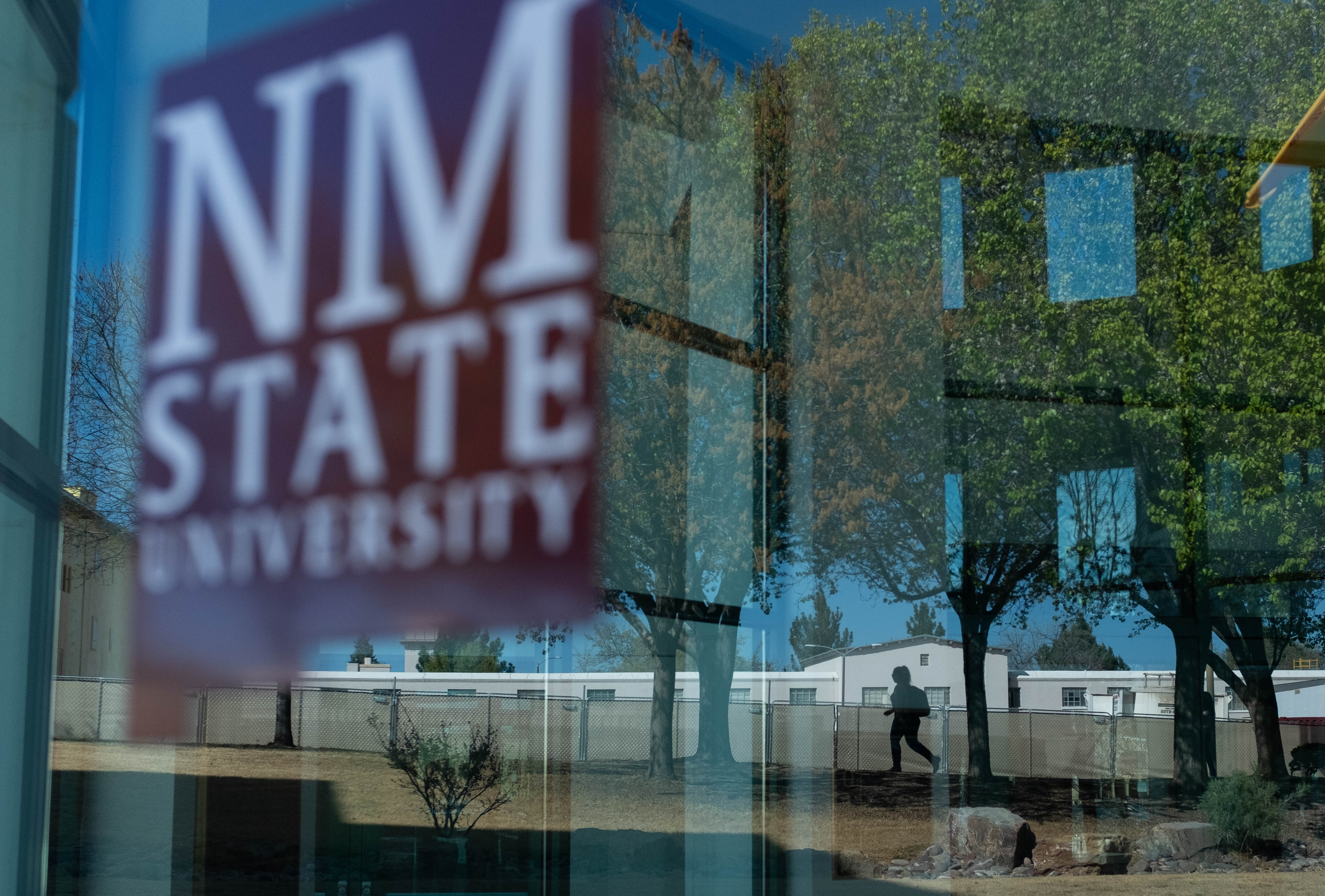NMSU 'Striving to Be Tobacco-Free'

By next July, New Mexico State University may have a new smoking and tobacco use policy.
This effort is in accordance with this year's Senate Memorial 63 from the New Mexico State Legislature requesting the governing bodies of every public post-secondary educational institution in New Mexico implement a tobacco-free campus policy, effective July 1, 2014.
If the initiative succeeds passage by the NMSU Board of Regents, the campus will become "totally tobacco free," said Susan Wilson, associate professor at NMSU's Department of Public Health Sciences.
Wilson is spearheading the effort in transitioning all NMSU campuses, including Dona Ana Community College and all other NMSU sites, to a new tobacco-free environmental policy by next summer.
"I am very pleased that NMSU might be on its way to join the growing number of more than 1,100 U.S. colleges and universities that have smoke-free campuses, and 800 campuses that have a 100 percent tobacco-free policy," said Tilahun Adera, dean of NMSU's College of Health and Social services. "This growing trend is due to the increasing recognition of the health hazards of tobacco products, including the fact that cigarette smoking remains the leading preventable cause of death in the United States and is responsible for one out of every five deaths."
According to the senate memorial, the New Mexico Department of Health reports nearly one-fourth of young adults in New Mexico between the ages of 18 and 24 smoke, and that policies creating a smoke-free environment decrease smoking amongst youth, considering most smokers pick up the habit before the age of 18.
In order to facilitate policy change to a tobacco-free campus during NMSU's Striving to Be Tobacco-Free initiative, the Department of Public Health Sciences, within the College of Health and Social Services, has received a $123,000 grant from the Paso del Norte Health Foundation.
The proposed tobacco-free effort supports the Paso del Norte Health Foundation's goal to use a comprehensive and coordinated approach to reduce tobacco use in the region and among the target population: NMSU and DACC students, faculty and staff.
"Tobacco free policies are effective in decreasing smoking rates and preventing the initiation of tobacco use," said Jana Renner, associate program officer with the Paso del Norte Health Foundation. "New Mexico State University's effort to create a tobacco free campus complements this goal by protecting students, faculty and staff from the effects of secondhand smoke and promoting healthy social norms and behaviors."
This initiative will be accomplished through two main steps. The first step is to facilitate an NMSU smoking policy change by increasing awareness of tobacco health risks, and building community and upper administration momentum to support tobacco-free efforts. Next, an assessment of current knowledge, attitudes, behavior and use of tobacco and related products among NMSU students, faculty and staff will be explored.
"If the policy is adopted by the university, then at some point it will go into the student handbook," said Wilson. "But we're going to make sure that people are well advised, well in advance of any needed behavioral changes."
Wilson said they are going to make this process as transparent as possible. These efforts will include submitting information regarding the progression of the policy change and upcoming events related to the matter on NMSU's Hotline email system; creating a webpage where community members can submit comments and find information; performing classroom visits; and involving the university students, staff and faculty in meetings and committees.
Presently, the NMSU campus has a smoking policy that complies with the state's Clean Indoor Act, affirming that the smoking of tobacco products is prohibited in all buildings (with few exceptions) owned or leased by the university, as well as within 25 feet of entrances or exits, vehicles, and during some organized outdoor events on NMSU property.
The new policy, which will be self-enforced and peer reported, would forbid any use of tobacco on campus. However, as with other programs in New Mexico, the targeted interventions are meant to respond to the harmful and addictive use of tobacco outside of its traditional, sacred and ceremonial purposes.
For tobacco users within the campus community seeking to end their addiction, there are numerous programs that offer assistance in smoking cessation through the New Mexico Quit Now website and Campus Health Center.
For more information on NMSU's Striving to Be Tobacco-Free initiative, visit tobaccofree.nmsu.edu.


